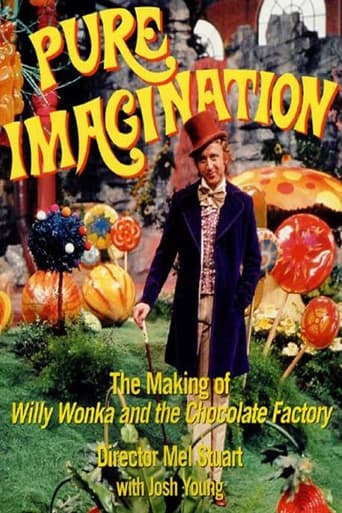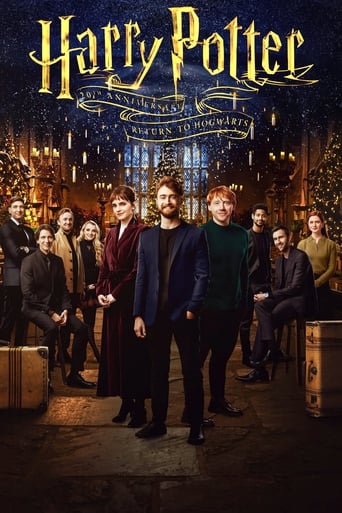Christianne Lariosa
Urban planners understand that surrounding are a major factor when planning layouts or projects in close quarter cities. Planners take advantage of their settings in order to produce a quality urban environment that will stimulate a positive growth in cities. In director Spencer McCall's documentary, The Institute, artist Jeff Hull uses San Francisco's vast space to create a city-wide alternate reality game. Started in 2008, eccentric fliers posted all over town had caught the eye of over 10,000 ordinary residents over the three years the game occurred. Hull's interactive project had the whole city in the loop. From small-time bookstores to the San Francisco Police Department, every bit of the bay area municipality was participating. As abstract and bizarre as the game was, there was one thing that was clear: it brought a mass variation of people together. Co-producer of the project, Urinah Findlay, summarizes it as, "A game that you play by going out into the city and doing things. And as you do that you become part of the story that's unfolding in the city." Hull's main goal was to get people interested and invested in the town more, to get people to come out and explore their surroundings. This urban playground project mirrors what urban planning is and what it can do to an area's inhabitants. The main point shown in this film is based on how surroundings can affect a person. Surroundings can change how someone thinks, acts, and is, as a human being. McCall presents these ideas through interviews with multiple participants of the game and even the game's designers and organizers. The players and makers would recite what they experienced during the game process, and express their emotions towards that moment. While these interviews are being taken, video clips displaying their experience or picture-Esq shots of key items or incidents, would occasionally be shown over. The retelling of memories, the presentation of game areas, and exhibition of props, were the only ways McCall provided proof of the reality game. Hull's main objective with this art piece activity was to get more San Franciscans playing around the city. It would have been nice to see some research results or statistics that came out of this project presented, to prove that Hull's game was really effective in the community. The documentary begins with a series of shots of San Francisco street art, some motion animated, with a funky electronic music playing in the background. The tune fades and a interview, with Garland, a player, recalling how he discovered the game, plays over. He explains that his interest was caught by the large amount of strange fliers he saw posted in the city and decided to call some of the numbers on said papers. These phone calls invited him to an orientation at The Jejune Institute headquarters in San Francisco. The meeting was held in a empty, but strangely decorated room, in a normal business office located at the professional financial district of the city. In the room, the inductee had to watch a video about The Jejune Institute. The organization's fake back story explained that Jejune was created by academic people who had "a common interest in the advancement of socio-reengineering." Social engineering by definition is the psychological manipulation of people into performing actions or divulging confidential information. To re-engineer something is to take something old and change it up. The group was also "a closely knit forum for experimental research techniques, utilized to expand interpersonal trust among fellow human subjects." The video goes on to list high-tech institute inventions and many ways the institute has helped humanity. One for example, is The Vital-Orbit Human Force Field, a conductor that supposedly acts as an ambassador to your body - whatever that means. In short, Jejune uses estranged messages, unreal advertisements, and the power of settings, to lure people in to be manipulated even more, and it worked.Throughout the whole introduction experience, from noticing the fliers to watching the orientation video, the inductees' whole persona changed due to their exposure with their surroundings. When Garland and many others continued on with tasks that the Jejune Institute assigned them to do immediately after the orientation, it is safe to assume that their way of thinking changed. They consciously chose to spend their time searching around the city for clues about an obscure organization, which lead them to answers or even more clues. Ex-inductee, Carolee, expressed that after the orientation experience, she began looking at life with a different mindset and purpose. Game players, like Carolee and Garland, continued to follow instructions from the institute or from other players that organized their own activities based on what they learned from clues and messages. These inductees melded the San Francisco scene into their world of nonchalance, a way of living promoted by a radio station the institute tells its followers to listen to. The large meet-ups in busy, public areas or the use of well placed secretive, interactive messages made people feel like they were really part of something big in their community, of not only San Francisco, but the entire world. The Institute isn't just a documentary about an obscure, experiment type of game. McCall's film goes to show that if an environment is organized a certain way, people can be subject to change. In a way, urban planners are social engineers. The ways communities are set up, from a slum to a high-class suburb, reflect who lives there. What someone does, what someone thinks, who someone is, is what makes a neighborhood. It all comes down to who plans the layouts of the city and the projects soon after it is built, in order to maintain a good, influential environment for the inhabitants. Works Cited: McCall, Spencer, dir. The Institute. Argot Pictures, 2013. Film. "Social engineering (security)." Wikipedia. Wikipedia. Web. 23 Oct 2014. http://en.wikipedia.org/wiki/Social_engineering_(security)
Mo Jo (reelbutter)
I didn't know what to expect and that helped a lot.Everyone is part of the game, I suspect even us viewers. Those moments when you are not sure what is real and what is not, happens to the viewer as well and boom... THEY GOTCHA...The idea of the art game project is wonderful and what stuck with me is the idea that the world can be a fun and interesting place, if you look at it through the right eyes, the eye of wonder and mystery.I laughed and smiled a lot while watch. That is a good sign.So if you want to see a documentary about something that happened and didn't happen and happened, this is the doc for you.
be_a_klugman
I saw this movie at the Mill Valley Film Festival last year and have thought about it a lot since then. From the start, the film has incredibly compelling visuals and soundtrack, but the interviews with members (?) seem pretty straight forward. As the movie continues though, it seems as though things start twisting and the information may or may not be "real." Are these people acting? Is this even what happened? It might all be fake, or it might all be real, or a beautiful mixture of fact and fiction. Regardless, it looks like it was a lot of fun to participate, and I love the idea of having things like this going on around you without your knowledge. I recommend watching the movie (I think you can get it on iTunes) and seeing if you can tell what is real -- if anything.



